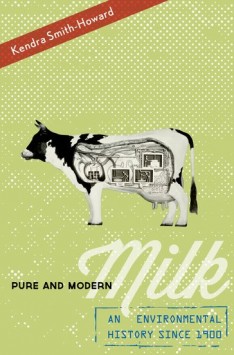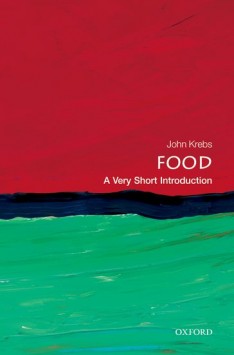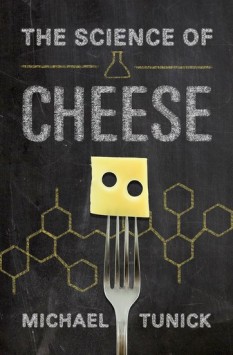The Diner's DictionaryWord Origins of Food and Drink Second Edition
Seasoned generously with literary wit, The Diner’s Dictionary is a veritable feast, tracing the origins and history of over 2,300 gastronomical words and phrases.
Seasoned generously with literary wit, The Diner’s Dictionary is a veritable feast, tracing the origins and history of over 2,300 gastronomical words and phrases. John Ayto spreads across our table a veritable cornucopia, from common fruits and vegetables (apples, cherries, apricots, and broccoli, to name a few), to exotic foreign dishes such as gado-gado, nasi goreng, satay, and dashi, and even junk foods such as doughnuts, brownies, and candy. Thoroughly revised, the second edition boasts 1,000 new entries, including the word origins of affogato, bento, cava, goji berry, jalfrezi, mocktail, rugelach, vache qui rit, and zigni. In addition, Ayto has expanded the coverage of vocabulary from foreign cuisines, such as Thai, Korean, Vietnamese, and parts of South America.
Throughout, Ayto provides fascinating capsule histories of the various foods. He tells us, for instance, that cantaloupe was introduced into Europe from Armenia and was apparently first cultivated at Cantaluppi, a former summer estate of the popes near Rome. We learn the ingredients of haggis and that the name of the Scandinavian drink “aquavit” ultimately derives from Latin aqua vitae or “water of life.” From jambalaya and callaloo to arrowroot and shiitake, The Diner’s Dictionary is a food-lover’s dream, filled with information and fascinating lore.
John Ayto is a freelance writer and the author of many reference works, including the Dictionary of Slang, the Dictionary of Modern Slang, and Oxford Dictionary of English Idioms.
“Stuffed with delightful morsels in a digestible form…. Essential reading for those who want to know not only what they are eating but also why it is called what it is.”
–Independent
“Snippets and essaylets combine whimsy and erudition in equal measures…literate, factually sure-footed, and useful.”
–Michael Raffael, Sunday Telegraph








Leave a Reply